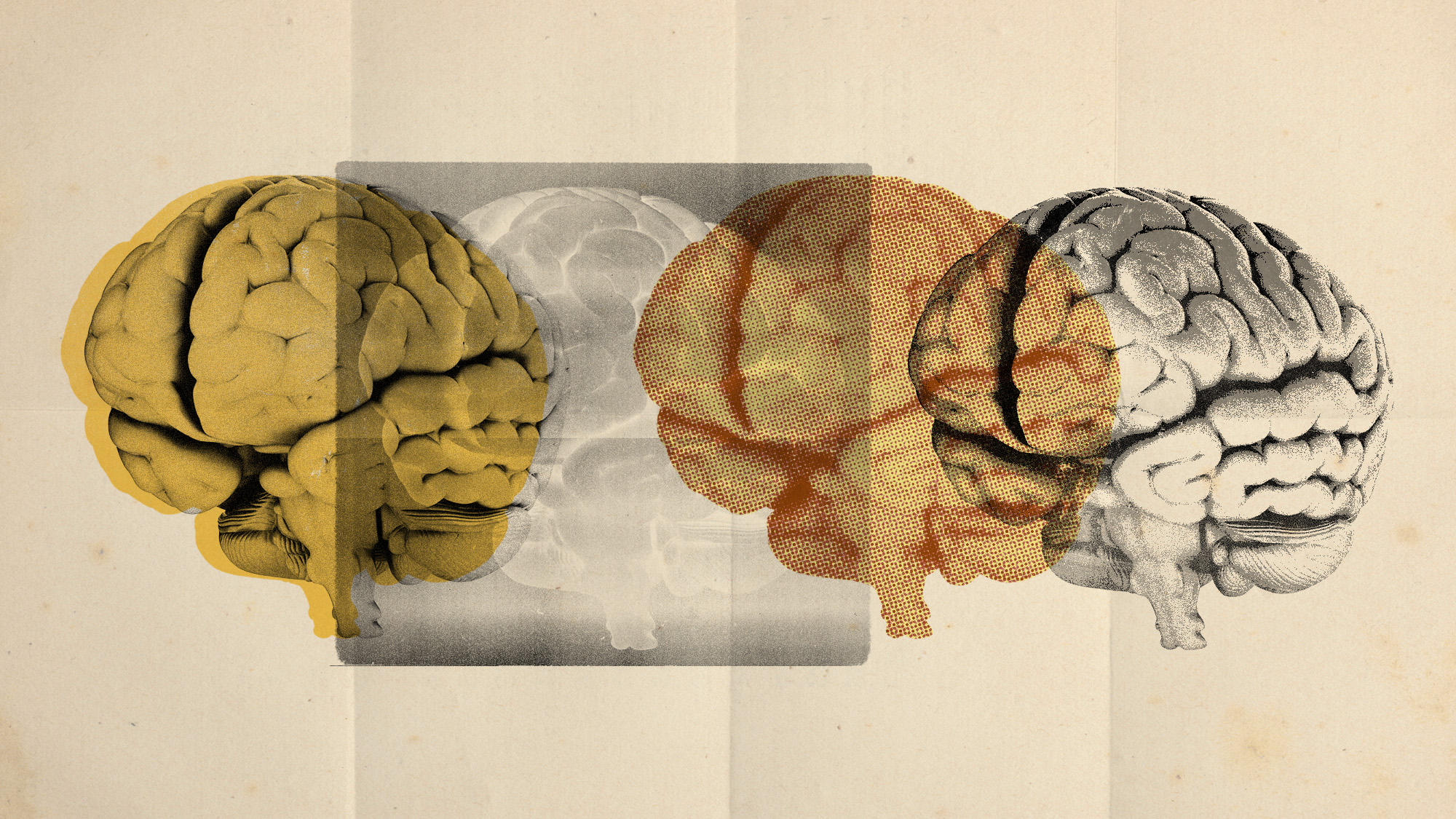Link between recession and mental health problems explained
Financial crisis of 2008 led to rising unemployment, homelessness and poverty, says British Medical Journal

A free daily email with the biggest news stories of the day – and the best features from TheWeek.com
You are now subscribed
Your newsletter sign-up was successful
A major review by the British Medical Journal out today has uncovered a link between the 2008 recession and mental health.
What does the report say?
According to the BMJ, the recession that followed the financial crisis of 2008 led to rising unemployment, homelessness and poverty that are all important determinants of health.
The Week
Escape your echo chamber. Get the facts behind the news, plus analysis from multiple perspectives.

Sign up for The Week's Free Newsletters
From our morning news briefing to a weekly Good News Newsletter, get the best of The Week delivered directly to your inbox.
From our morning news briefing to a weekly Good News Newsletter, get the best of The Week delivered directly to your inbox.
Analysis of 41 studies, predominantly from Greece and Spain where the effects of the recession were most sharply felt, found that suicides increased during the financial crisis, especially for men. Other studies found that women's mental health was also affected.
The BMJ also warns that some effects might not become evident until the children of the recession reach adulthood.
How did the recession affect health?
"Assessing the health effects of recessions can be challenging", with an economic downturn often involving multiple processes, says the report.
A free daily email with the biggest news stories of the day – and the best features from TheWeek.com
Nevertheless, in the UK, an increase in house repossession from 2005, rising unemployment from 2008, falling wages from 2009 and an average increase in household debt were all cited as causes behind a spike "in adverse health outcomes".
Who is to blame and what can be done?
While governments might not be able to prevent recessions, "their response is a matter of political choice, which has important consequences for health", says the report.
"It is critical to distinguish between the health effects of recessions and the effect of different policy responses to recession,"says the BMJ.
The implementation of austerity measures in England in 2011, "which disproportionately affected more disadvantaged groups", coincided with a further rise in suicides with "several studies indicating that adequate welfare policies can mitigate some of the harmful effects of recessions", it concludes.
-
 ‘Restaurateurs have become millionaires’
‘Restaurateurs have become millionaires’Instant Opinion Opinion, comment and editorials of the day
-
 Earth is rapidly approaching a ‘hothouse’ trajectory of warming
Earth is rapidly approaching a ‘hothouse’ trajectory of warmingThe explainer It may become impossible to fix
-
 Health insurance: Premiums soar as ACA subsidies end
Health insurance: Premiums soar as ACA subsidies endFeature 1.4 million people have dropped coverage
-
 ‘Longevity fixation syndrome’: the allure of eternal youth
‘Longevity fixation syndrome’: the allure of eternal youthIn The Spotlight Obsession with beating biological clock identified as damaging new addiction
-
 RFK Jr. sets his sights on linking antidepressants to mass violence
RFK Jr. sets his sights on linking antidepressants to mass violenceThe Explainer The health secretary’s crusade to Make America Healthy Again has vital mental health medications on the agenda
-
 The app tackling porn addiction
The app tackling porn addictionUnder the Radar Blending behavioural science with cutting-edge technology, Quittr is part of a growing abstinence movement among men focused on self-improvement
-
 Scientists have identified 4 distinct autism subtypes
Scientists have identified 4 distinct autism subtypesUnder the radar They could lead to more accurate diagnosis and care
-
 'Wonder drug': the potential health benefits of creatine
'Wonder drug': the potential health benefits of creatineThe Explainer Popular fitness supplement shows promise in easing symptoms of everything from depression to menopause and could even help prevent Alzheimer's
-
 Fly like a breeze with these 5 tips to help cope with air travel anxiety
Fly like a breeze with these 5 tips to help cope with air travel anxietyThe Week Recommends You can soothe your nervousness about flying before boarding the plane
-
 RFK Jr.'s focus on autism draws the ire of researchers
RFK Jr.'s focus on autism draws the ire of researchersIn the Spotlight Many of Kennedy's assertions have been condemned by experts and advocates
-
 Mental health: a case of overdiagnosis?
Mental health: a case of overdiagnosis?Talking Point Issues at 'the milder end of the spectrum' may be getting wrongly pathologised